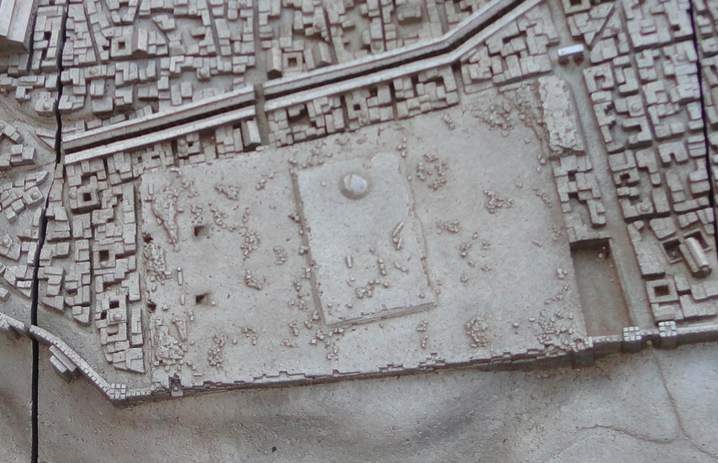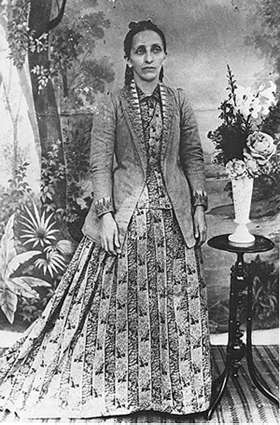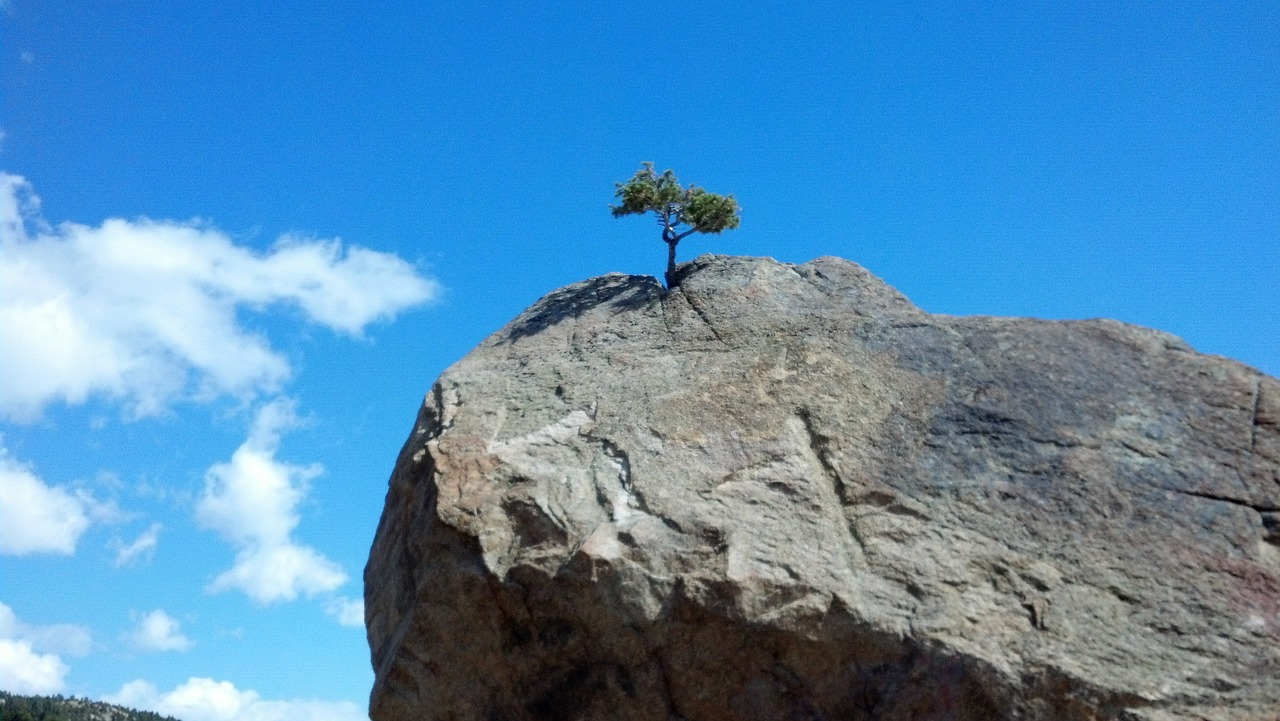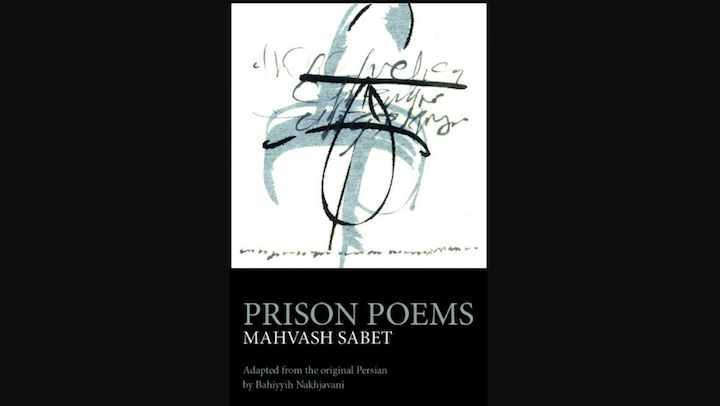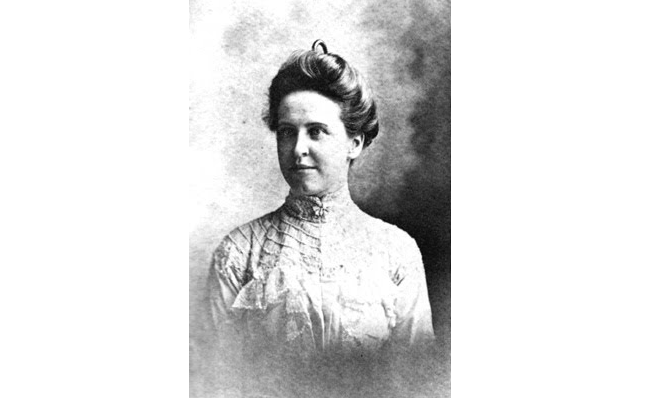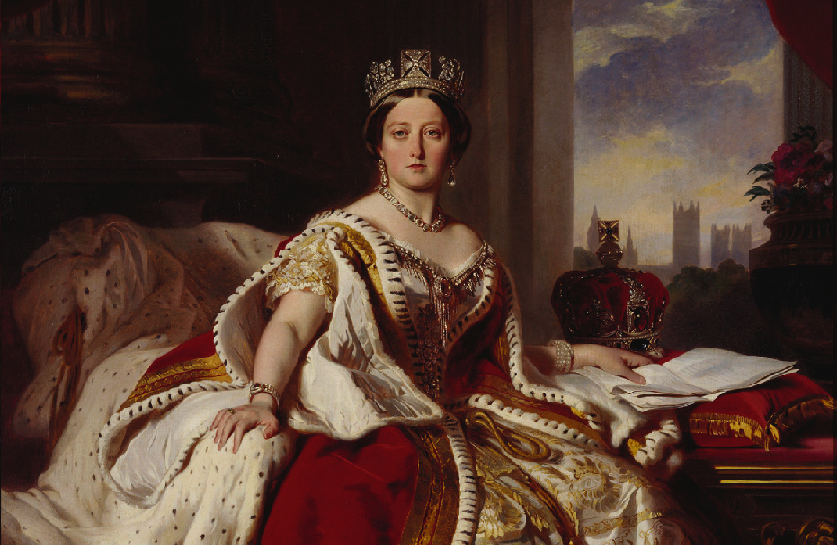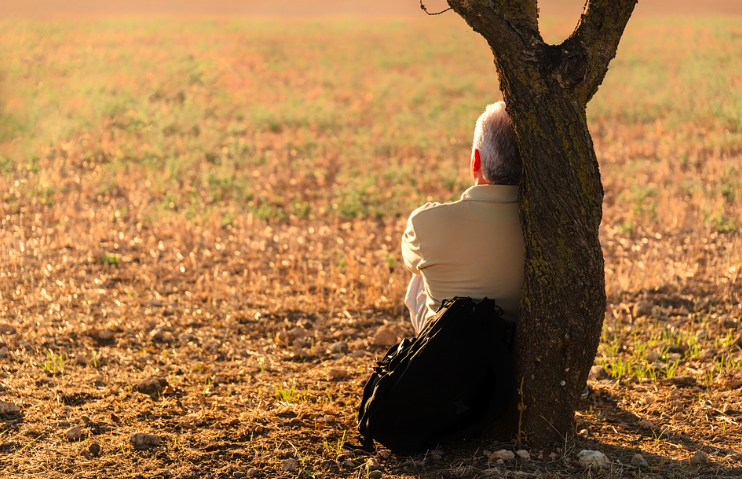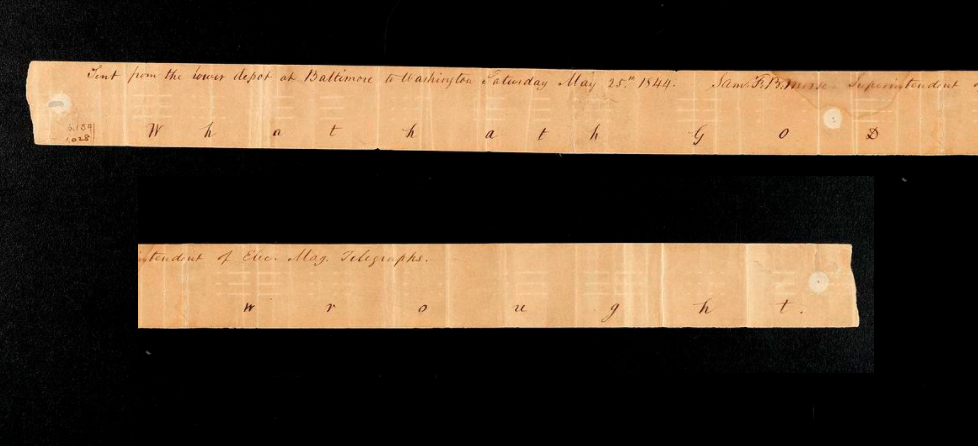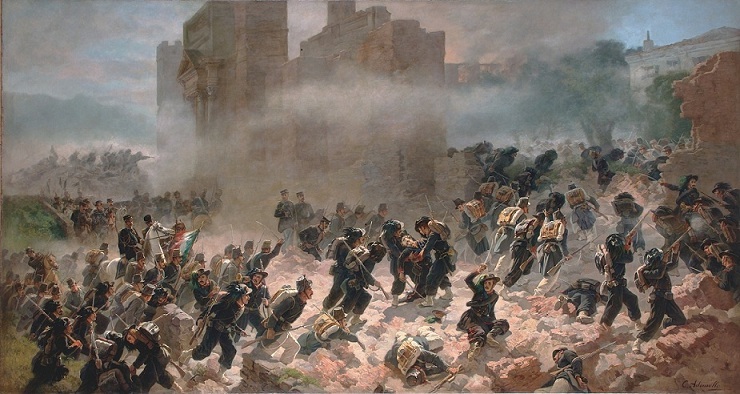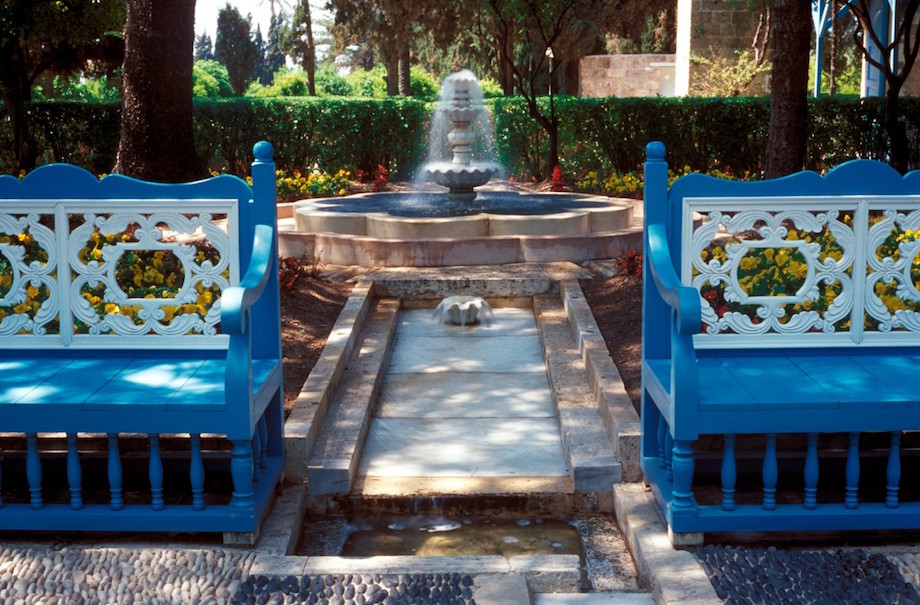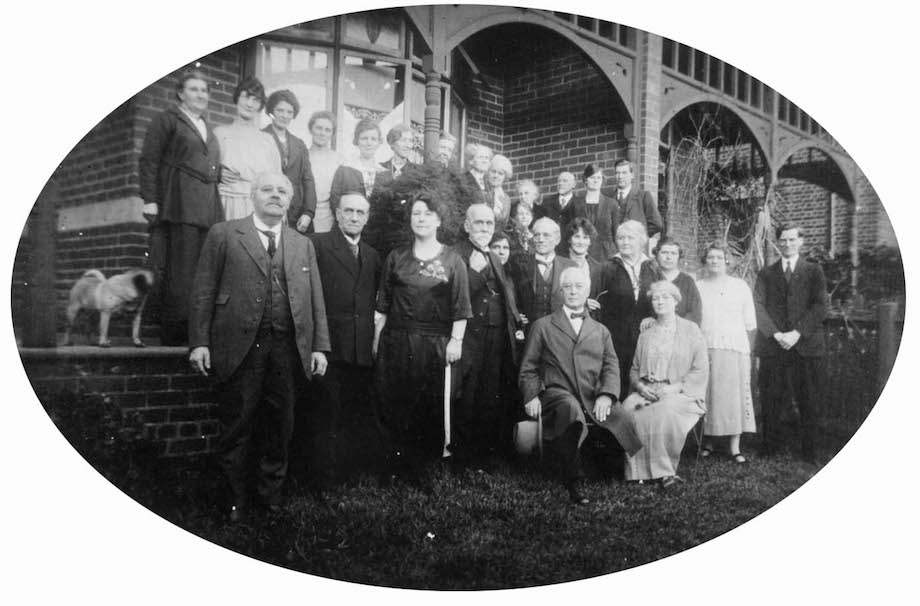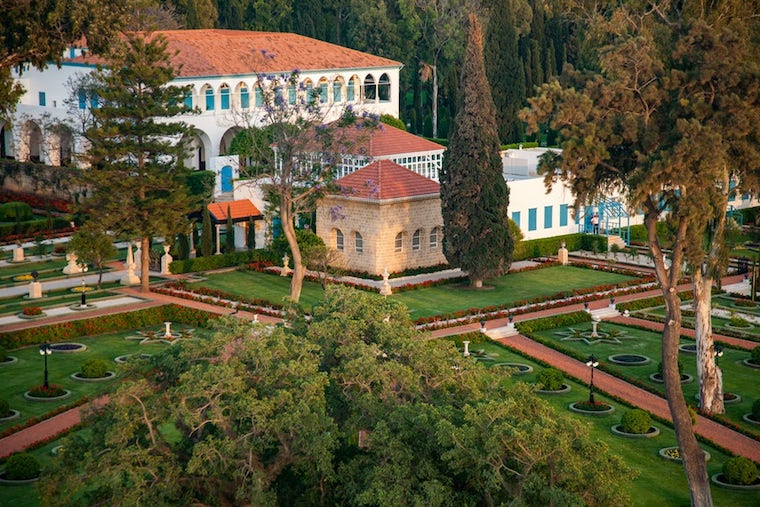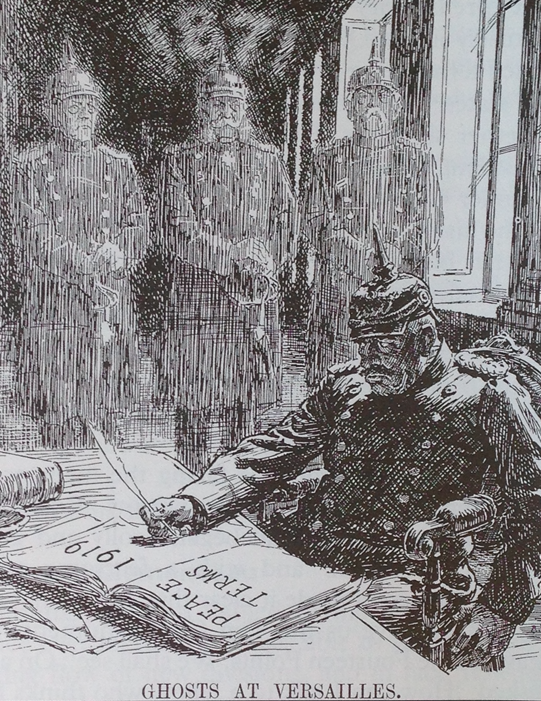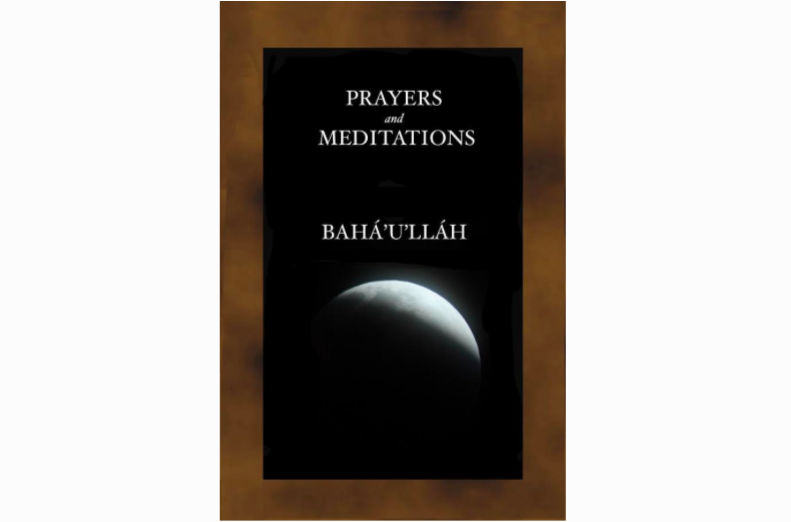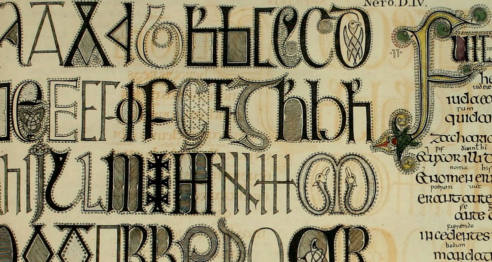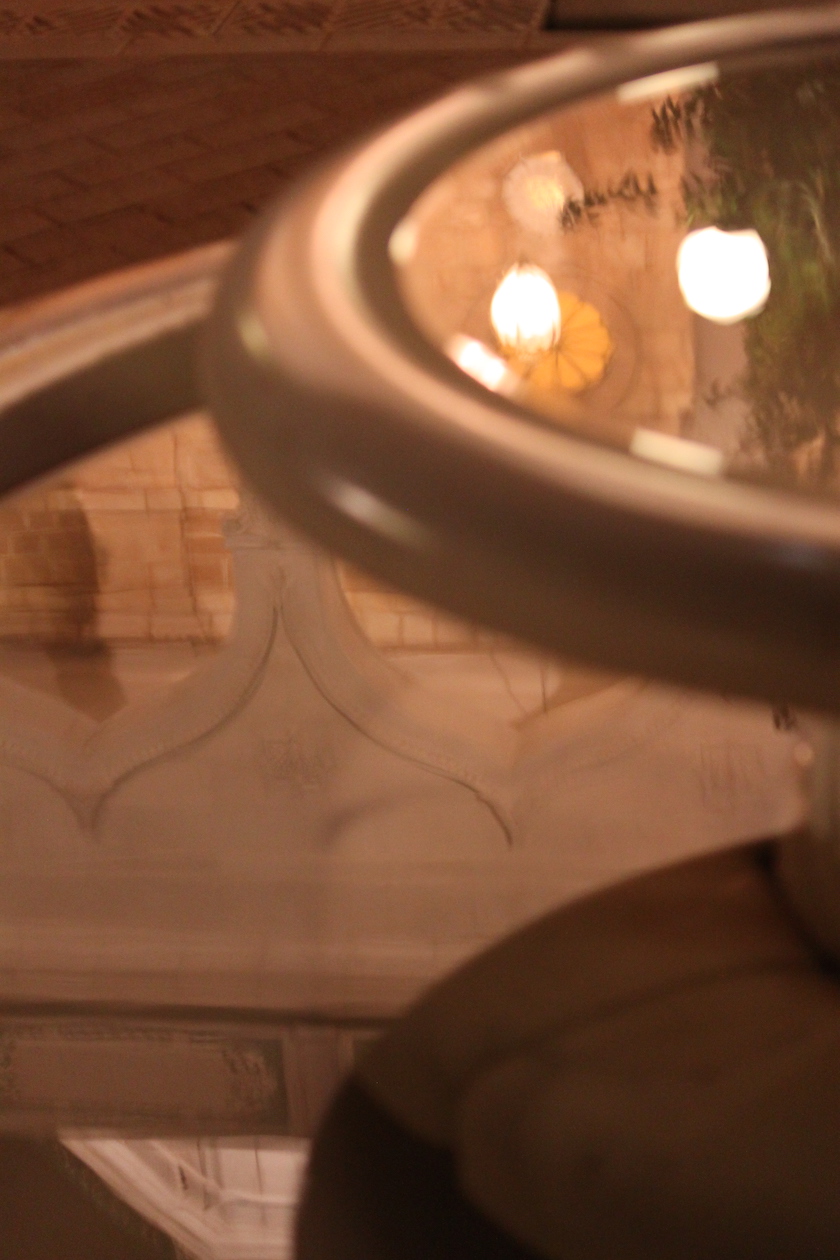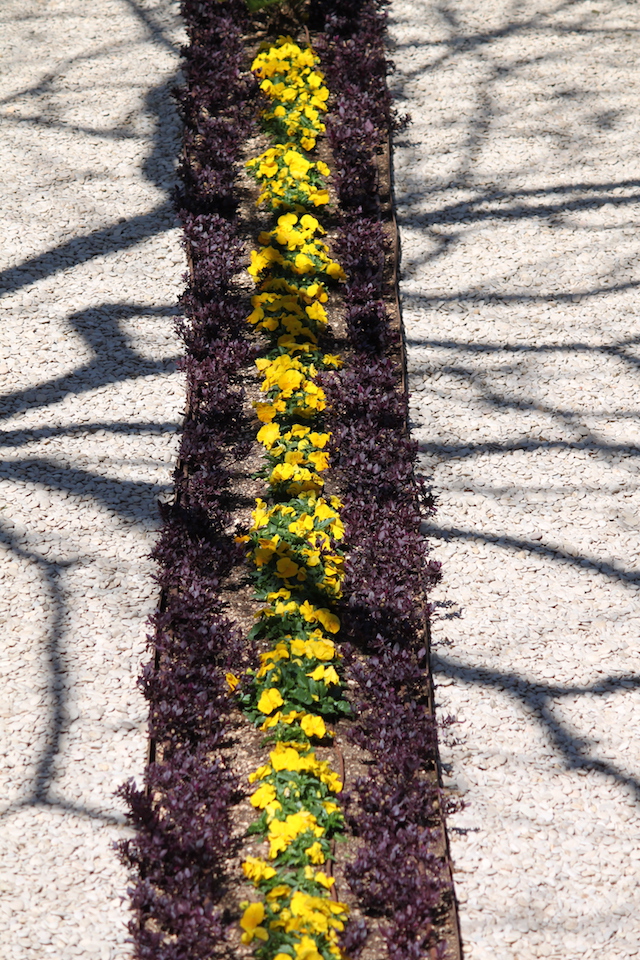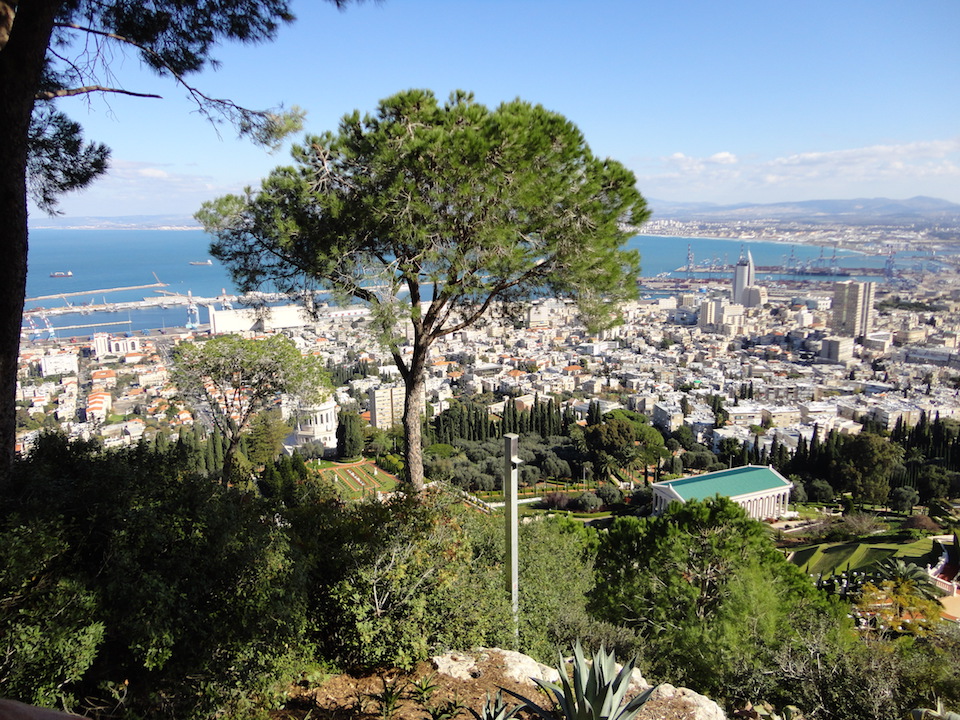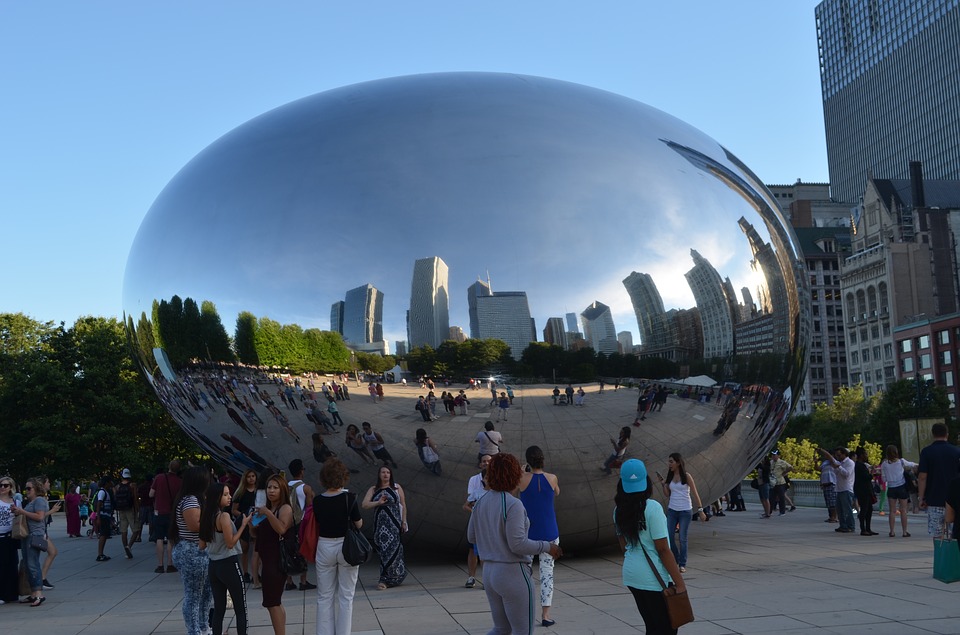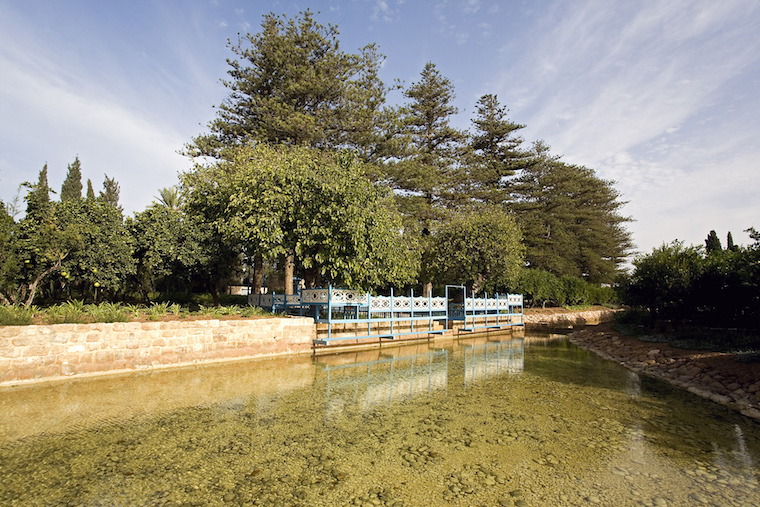-
Plan B – The Lesser Peace
* * * As noted previously, Bahá’u’lláh wrote to kings and rulers. He did not expect them to accept his proclamation of messianic fulfilment. Indeed he knew they would not. In his message to Queen Victoria he sets out an alternative for the world’s rulers: an alternative he refers to as the Lesser Peace. Now that ye have refused the Most Great Peace, hold ye fast unto this, the Lesser Peace, that haply ye may in some degree better your own condition and that of your dependents. O rulers of the earth! Be reconciled among yourselves, that ye may need no more armaments save in a measure to safeguard your territories and dominions.…
-
Suriy-i-Haykal: Restoring the Temple
As we have seen Bahá’u’lláh does not throw away the past; rather Bahá’u’lláh re-weaves the past in new forms in his teachings. The Temple of course refers to the ancient temple of Judaism in Jerusalem. The Temple Mount: the place where the Temple once stood, before it was destroyed by the Romans, remains the most sacred site of Judaism. The same site is now also sacred to Muslims – being the site of the Al Aqsa Mosque. The Temple and its restoration also features in ancient biblical prophecy associated with the return of the prophet or Messiah. In New Testament teachings, the concept of a physical temple is transmuted into a…
-
Nine Years: Prison Poems
This article is devoted to a review of the work called Prison Poems. It is a collection of poems written by Mahvash Sabet, one of a seven Baha’i leaders who have been imprisoned in Iran for nine years. They are adapted into English by Bahiyyih Nakhjavani. The “crime” which Mahvash committed was to serve her religious community by acting as its informal secretary. Her lawyer, Mahnaz Parakand records: Mahvash was firm and determined, brave and dignified, she seemed fearless of the outcome of the court’s decision against her. Her principal concern was for the Baha’i community in Iran. She believed that it was not herself but her Faith and those…
-
Bahá’u’lláh on Human Rights
Abdu’l Baha would, in his talks in 1911 and 1912 introducing Bahá’u’lláh’s teaching, identify a list of principles drawn from the teachings of Bahá’u’lláh. The list was not always exactly the same – and Abdu’l Baha would often introduce them with words such as “and among the teachings of Bahá’u’lláh”. We have already explored some of these topics, for example the oneness of humanity, the oneness of religion, the harmony of science and religion, equality of men and women, the balancing of material and spiritual in society. Abdu’l Baha also included human rights in that list. We should note that when he did so, there was no worldwide consensus around…
-
What hath God Wrought? 24 May 1844
We live in the most remarkable of times. The transformation of the material conditions of humanity has a cause. Do we really believe that the human beings who came before us were incapable of what we see in the world today? Great civilizations have come before in history – yet none of them broke out of the same reality that has existed since the dawn of agriculture. It is only in this time that humanity has passed into an entirely new reality. It has a cause. A cause larger than humanity itself. In 1844, in Shiraz, the Bab, Baha’u’llah’s immediate forerunner, spoke these words: The secret of the Day that…
-
Achieving Unity
It was not obvious when Bahá’u’lláh stated it, but it is obvious today. The problems of the world cannot be solved and human welfare and peace cannot be achieved, until humanity’s unity “is firmly established”. Yet if we look around the world, there is nothing more obvious than the divisions that beset human beings. No two men can be found who may be said to be outwardly and inwardly united. The evidences of discord and malice are apparent everywhere, though all were made for harmony and union.[1] If unity were easy, it would have already been achieved. It is not impossible, but it is harder than even the most visionary goals human…
-
Prayers and Meditations of Bahá’u’lláh
Prayers and Meditations of Bahá’u’lláh is a collection, in English, of Bahá’u’lláh’s devotional writings. It is one of Shoghi Effendi’s translations: a work he undertook in 1936-37, shortly after he completed the translation of Gleanings of Bahá’u’lláh. In Prayers and Meditations we find Shoghi Effendi’s translations of the Baha’i obligatory prayers – which Baha’is recite every day – noting that Shoghi Effendi’s English translations became the model for translation into many other languages. Beautiful flowing language such as the following: … make of my prayer a fire that will burn away the veils which have shut me out from Thy beauty, and a light that will lead me unto the ocean of Thy Presence…
-
Detachment from the Material World
Bahá’u’lláh calls us to a spiritual life – but not an ascetic one. As discussed in a previous article, Bahá’u’lláh does not teach that the material world is inherently bad. It is the matrix within which our spiritual beings develop. And material reality speaks to us of the divine world. Yet, material existence is not the end goal of our lives. We are just passing through. The generations that have gone on before you—whither are they fled? And those round whom in life circled the fairest and the loveliest of the land, where now are they? … Others erelong will lay hands on what ye possess, and enter into your habitations.[1]…
-
The Nature of the Soul Doesn’t Change But Everything Else Does
One of the most poignant speeches by a political leader is that of Robert Kennedy given in Indianapolis in 1968, the night that Martin Luther King was assassinated. Robert Kennedy was himself assassinated 63 days later. As Robert Kennedy spoke, he recalled his own loss of his brother and the words of an Ancient Greek poet, Aeschylus. Even in our sleep, pain which cannot forget falls drop by drop upon the heart, until, in our own despair, against our will, comes wisdom through the awful grace of God. Here is evidence, if we need it, that the nature of the soul has not changed – even after the passage of…




